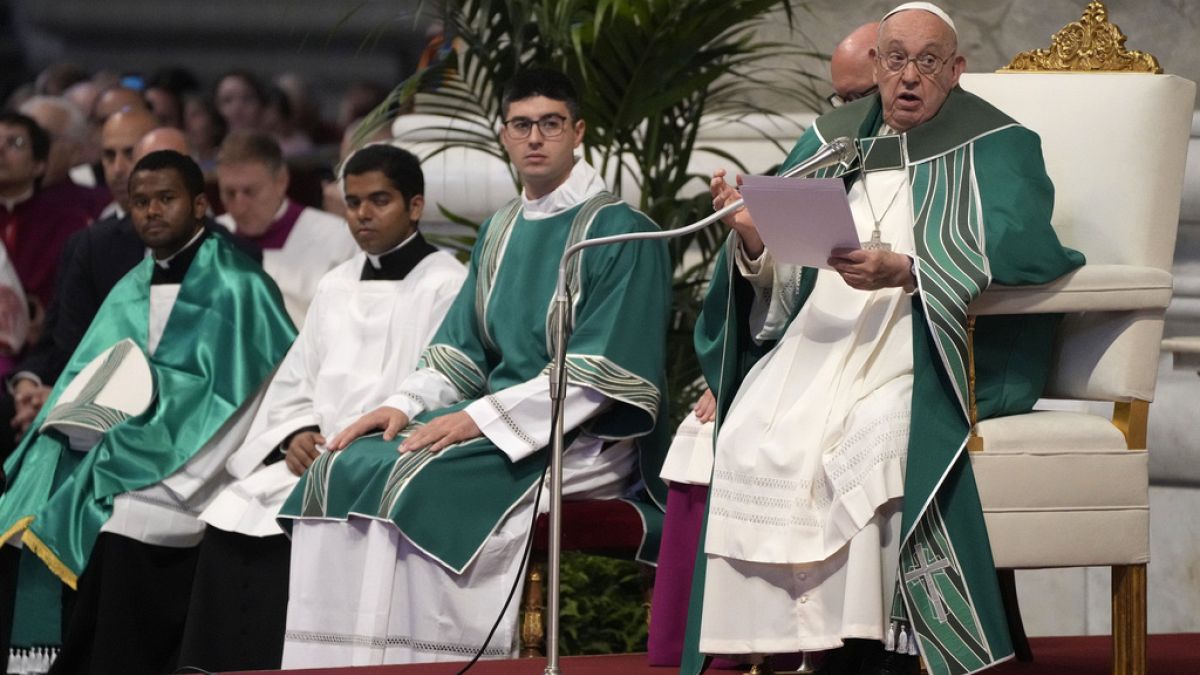The Synod of Bishops concluded with unresolved issues regarding women’s roles in the Church. The final document did not address key issues such as female deacons, married priests, and LGBTQIA+ discussions, leaving the matter of gender inclusivity open-ended. Pope Francis’ aim for a Church that listens attentively to its faithful was reflected in the document. However, the decision not to publish the full document has led to speculation on the Church’s stance on women’s roles.
Advocates for change argue that allowing women to join the diaconate could help address the global priest shortage. However, opponents fear that this step may eventually lead to women entering the all-male priesthood, something Pope Francis does not support. The ambiguity surrounding what constitutes ‘maturity’ for expanded roles of women in Church administration remains a challenge.
Many women within the Church feel marginalized and their contributions undervalued, being treated as “second-class” believers. Despite promises for reform, there has been little meaningful progress according to Patrizia Morgante, president of the Women for the Church Association. Women want to be respected as individuals and have genuine dialogue on equal terms with men, whether they are consecrated or lay members.
The synod’s failure to address issues important to women has left many feeling disappointed. The lack of decisive action and progress towards gender inclusivity has been frustrating for many women within the Church. Calls for greater inclusion and respect for women’s experiences and voices have not been met with meaningful change, leading to a sense of disillusionment among female believers.
Women within the Church are eager for reform that will allow them to have a more significant role in decision-making and administration. The need for greater equity and respect for women’s contributions is a pressing issue that the Church must address. The synod’s failure to take concrete steps towards gender inclusivity is a missed opportunity for the Church to demonstrate its commitment to listening to the voices of all its faithful members.
Moving forward, it is essential for the Church to listen to the concerns and demands of women and take meaningful steps towards greater gender equity. Addressing the marginalization of women within the Church and allowing them to have more active roles in decision-making processes is crucial for building a more inclusive and progressive Church. Pope Francis and Church leaders must prioritize gender inclusivity and work towards creating a more equal and respectful environment for all believers.










